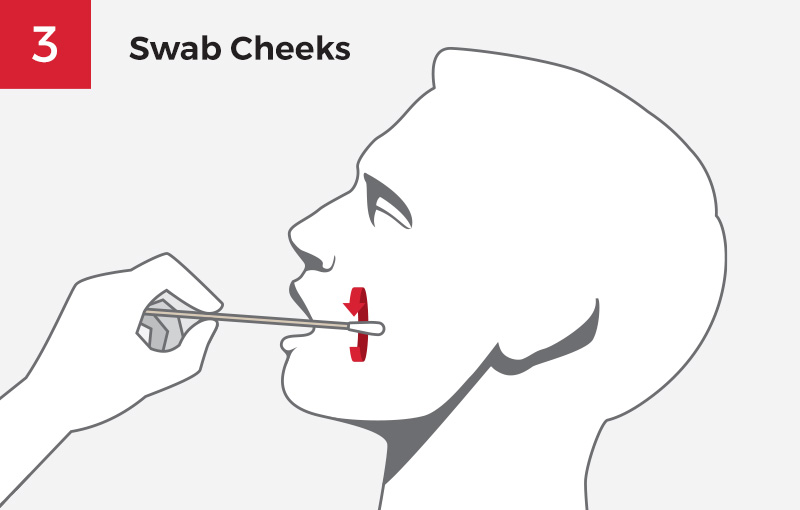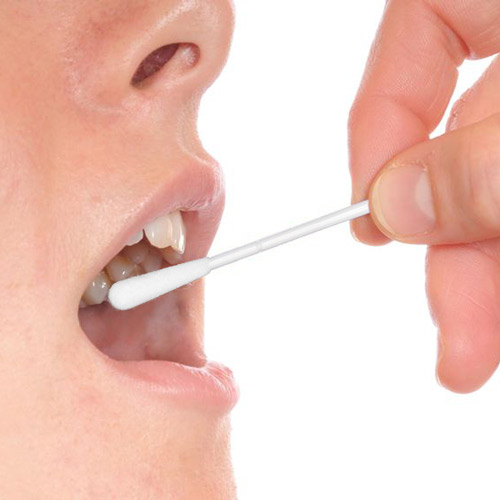Low battery
Battery level is below 20%. Connect charger soon.
The inside of the mouth contains a protective layer of tissue that is designed to withstand friction and minor disturbances, which reduces the likelihood of injury or bleeding. · a buccal swab does not cause bleeding because the epithelial tissue is avascular, meaning it lacks blood vessels, and only dead outer cells are collected. Bleeding should not occur during this procedure because its non-invasive and only … Tight junctions between … Explain why a buccal swab procedure shouldn’t cause bleeding. Top tips for managing the bleeding patient in primary care webapr 26, 2024 · when managing a postoperative bleed, the simplest methods for haemostasis should be considered first and more … The buccal swab is a method used to collect stratified cells from the oral cavity. The process involves gently scraping or rubbing a special swab along the inner cheek to gather cells. Understand the role of sds and edta in cell lysis. · a buccal swab should not cause bleeding because it collects cells from the surface of the stratified squamous epithelium, which is avascular —meaning it does not contain blood … Discover explain why a buccal swab procedure should not cause bleeding epic adventures, explain why a buccal swab procedure should not cause bleeding fascinating characters, and … This method is non-invasive, and it consists of … · this article delves into the science behind buccal swabs, explores why bleeding is generally unlikely, and addresses potential causes for bleeding when it does occur. Explanation evaluate the statement the cells removed are dead and therefore cannot bleed. buccal swabs typically collect cells from the surface of the cheek lining, which are often alive, … The reason a buccal swab shouldn’t cause bleeding lies in the nature of the tissue being sampled. Learn why buccal cells are a good choice for this experiment. Understand the role of salt and alcohol in dna precipitation.




